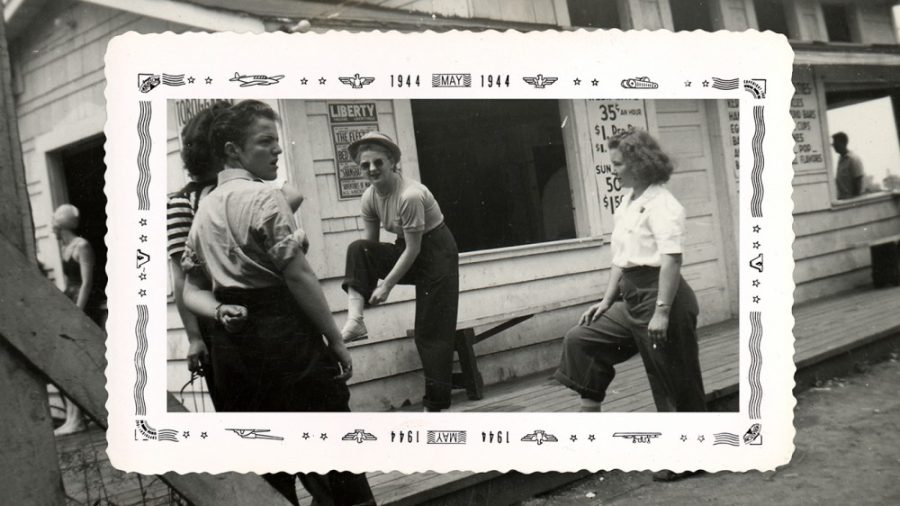Lesbian Looks Film and Video Series returns to the Loft Cinema this Sunday for its 24th year of celebrating film created by and featuring stories from the lesbian community. Presented by the Institute for LGBT Studies and co-sponsored by various groups from the UA campus and the greater community of Tucson, the festival will be screening two short films by renowned filmmaker Michelle Citron.
Citron has been making documentary films that border on experimental since the 1970s, and her films have been screened at festivals and museums across the globe. Citron plays with form and content in order to get her messages across and create meaningful, potent art that sticks with audiences long after the final frame.
“Her work interrogates storytelling itself,” wrote Beverley Seckinger, the director of Lesbian Looks.
When Citron first began experimenting with film, feminist film theory was asking questions about form and how structure plays into the creation of political and activist films.
RELATED: A groovy walk through 4th Avenue treasure
“When I found film, I thought this was the way I wanted to have a voice in the world,” Citron said. “One of the questions in feminist film theory at the time was what was the best kind of political film to make? Could you just have the content be political, or does the form also need to be radical?”
Citron addresses this fundamental question with every piece she creates, experimenting with traditional storytelling tropes and even creating some projects that go outside the realm of film, such as interactive video and mixed-media art.
“Lives:Visible” and “Leftovers” are Citron’s two films that will screen at Lesbian Looks, and both continue her investigation into form and storytelling by using a collection of over 2,000 photographs as their primary footage.
The photographs were taken over several decades by a lesbian couple, Norma and Virginia, and document their lives and their community as they aged and the world changed from the 1930s to the 1970s. Both films use this collection of photographs that Citron happened upon by chance through a friend, but they each tell a different part of the story.
“Lives:Visible” focuses on the lesbian community documented through these pictures: a pre-Stonewall, working-class community whose lives were captured through the lens of Norma and Virginia’s camera. Through the photos, the audience can see the vibrant community shift and change as the women age, switch partners, work, play and eventually disappear.
“We take selfies today, and these women took Kodak snapshots,” Citron said. “I think that most of us write our autobiography through the images we make of ourselves.”
RELATED: Spiritual healing in the desert
For “Leftovers,” Citron turns her filmmaking lens onto the photographers themselves, exploring Norma and Virginia’s lives during their later years.
“For the last decade or so of their lives, Norma and Virginia were virtual hermits,” Citron said. “They lived in this vibrant, large community of women for decade after decade, but by the time they reached their early 70s, the community was gone.”
Citron explores the couple’s relationship and the community that was so integral to their lives in “Leftovers,” using the photographs in what she described as a sort of transparent, animated way. Citron also found letters between the couple that are featured in the film, showing the connection and love shared between these two women.
“The photographs are used to put you in history … but I want the viewer to always be aware that they are looking at a photograph,” Citron said. “A photograph isn’t history; it’s a sample of history, and it reveals a lot, but it also obscures a lot.”
Lesbian Looks begins at 2 p.m. Sunday, March 18, and is free and open to the public. Citron will be in attendance and will answer questions at a Q&A session after the conclusion of the screening.
“Festivals are a queer space, and the more we get assimilated into mainstream culture, the harder it is I think to hold onto those spaces that are about identity,” Citron said. “So for that reason, queer film festivals I think are really critical.”
Follow Victoria Pereira on Twitter









